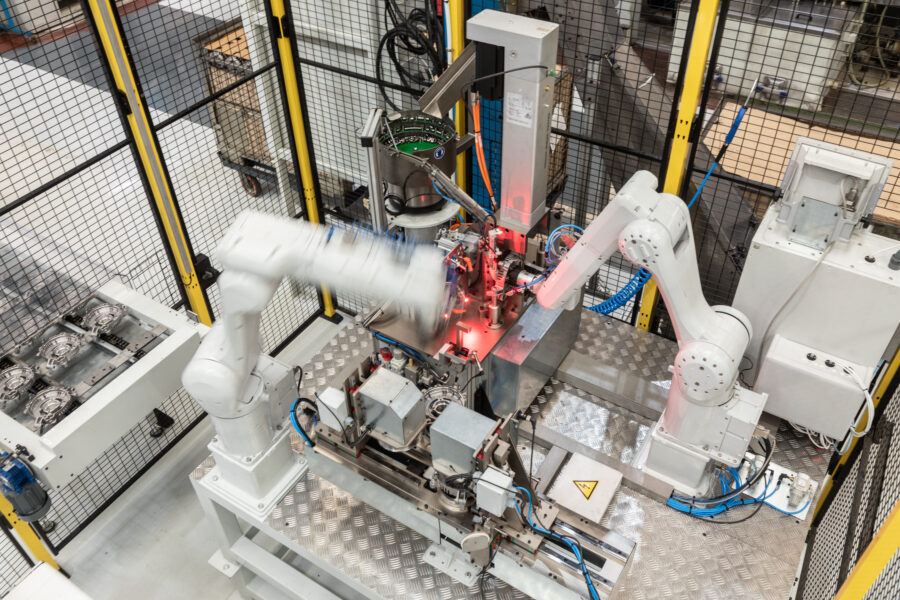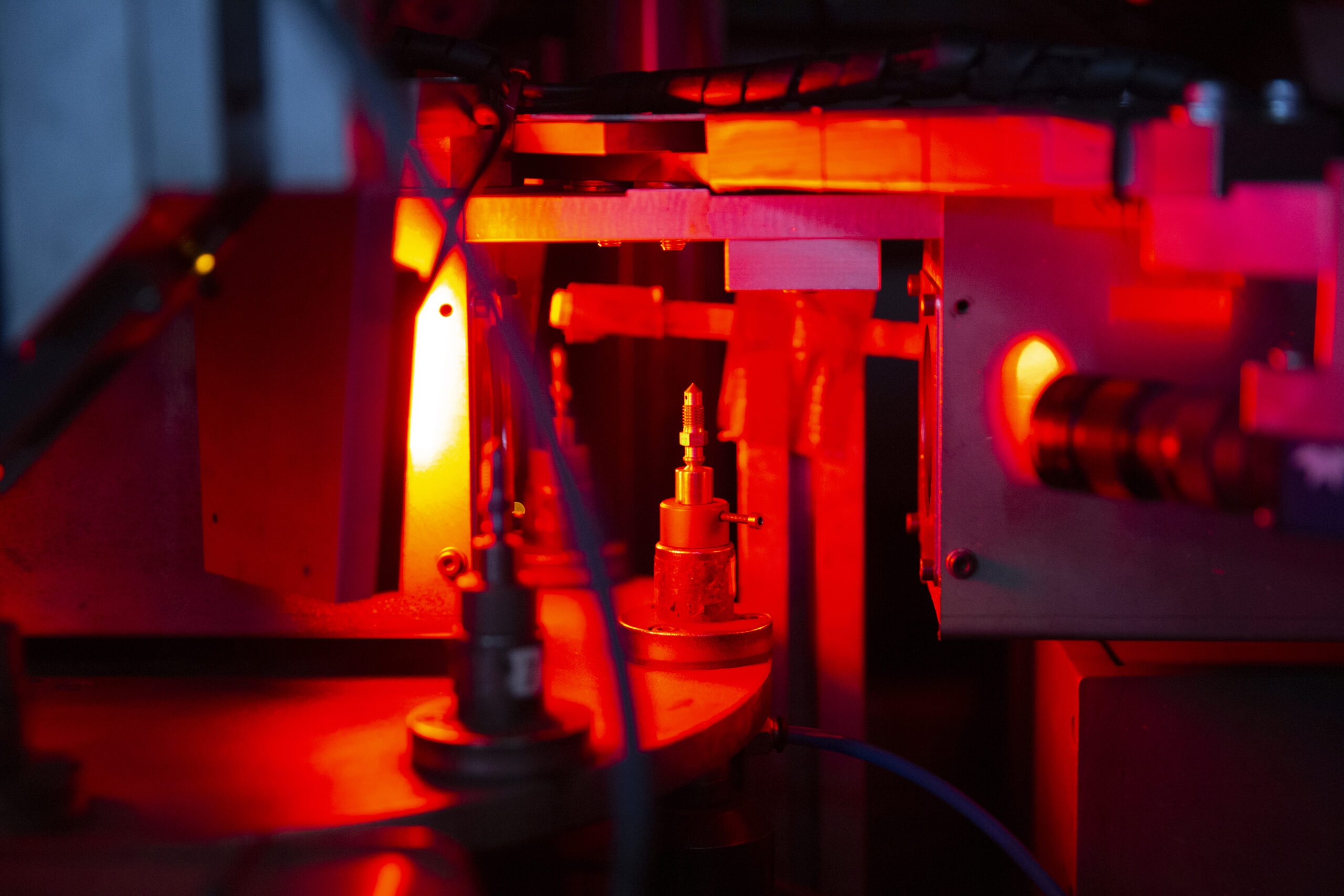Digital Transformation at Teknia: Driving the Industry of the Future

In a constantly evolving and highly competitive market, digitalization has become a key factor for business growth and differentiation. Digital transformation is not just about adopting new technologies, but a structural change that enhances the way companies operate, communicate, and generate value.Digital tools have revolutionized the way processes are managed, allowing for greater efficiency, cost reduction, and resource optimization. Technologies such as artificial intelligence, big data, and automation are redefining entire industries and creating new business opportunities. In this context, digitalization is not an option, but a necessity for any company looking to stay relevant in the market.
In the industrial sector, digitalization has optimized production through the implementation of technologies such as the Internet of Things (IoT), advanced robotics, and smart management systems. Smart manufacturing or Industry 4.0 has driven operational efficiency through automation, real-time monitoring, and predictive data analytics, helping reduce downtime and improve the quality of the final product. Additionally, the use of digital twins has revolutionized product design and simulation, enabling data-driven decision-making and virtual scenario testing before implementing changes in the real world.
Artificial intelligence (AI) has become a key advancement in the automotive sector, offering an opportunity to optimize areas such as production, energy consumption, administrative processes, and business forecasting. As highlighted by the financial media Expansión, companies like Horse, Teknia, and Seat-Cupra have adopted AI to improve their production, development, marketing, and logistics processes, as well as to accelerate decision-making. According to Alejandro Deleyto, Chief Strategy Officer at Teknia: “AI can offer great efficiencies in administrative tasks, allowing back-office staff to focus on high-value activities.”

Digitalization as a Growth Driver at Teknia
Teknia’s commitment to digitalization is firm. Digitalization is not just a competitive advantage—it is a necessity for each plant. At Teknia, we are convinced that the key to success lies in adapting, innovating, and continuing to transform the way we work to always offer the best. Reflecting this commitment, the company’s CEO, Javier Quesada de Luis, took part in the ICT Executives Meeting at the ASLAN Association Congress, alongside professionals from Ecoembes, Goiko, Steelcase, and Create.
During the round table “CEOs with technological DNA: Digitalization trends and their impact on the business models of the future”, Javier defended the importance of selecting precisely what to measure within a digital strategy and how to ensure that technology is effectively integrated within an organization. In this sense, Teknia’s CEO valued that “digitalization is not only a question of efficiency, but of survival and differentiation in a constantly evolving sector such as the automotive industry”.
“At Teknia, we are transforming our operations with a data-driven approach to adapt quickly to industry challenges and continue being a key technological partner in the future of mobility. That’s why it’s one of the Group’s priorities and a cornerstone of our strategic plan,” he added.

In this regard, Teknia made digitalization one of the pillars of its strategic plan ‘Moving Teknia 2025’, which spans all areas of the company and champions technological innovation as a growth driver. Digitalization enables the company to evolve constantly, integrating advanced technologies that optimize every operation and improve efficiency at all levels.
One of the key aspects of this transformation is process automation. Thanks to the implementation of digital tools, the company has reduced time, minimized errors, and improved operational traceability. This not only allows for greater agility but also enables faster and more accurate responses to market needs.
Impact of Digitalization on Production and Business Management
- Thus, digitalization at Teknia is not limited to a single department but has become a cross-functional element that drives the evolution of the entire organization: Operational Optimization: The integration of digital systems has enabled more efficient management of processes, reducing manual tasks and improving productivity.
- Data-Driven Decision Making: The use of big data and advanced analytics has facilitated the generation of key insights for business strategy.
- Communication and Collaboration: Digital tools have improved communication and interaction with employees, clients, and collaborators, ensuring more effective relationships.
- Security and Adaptability: Digitalization has strengthened information security and allowed the company to adapt to market changes more quickly.
Interested in our Press Kit?


